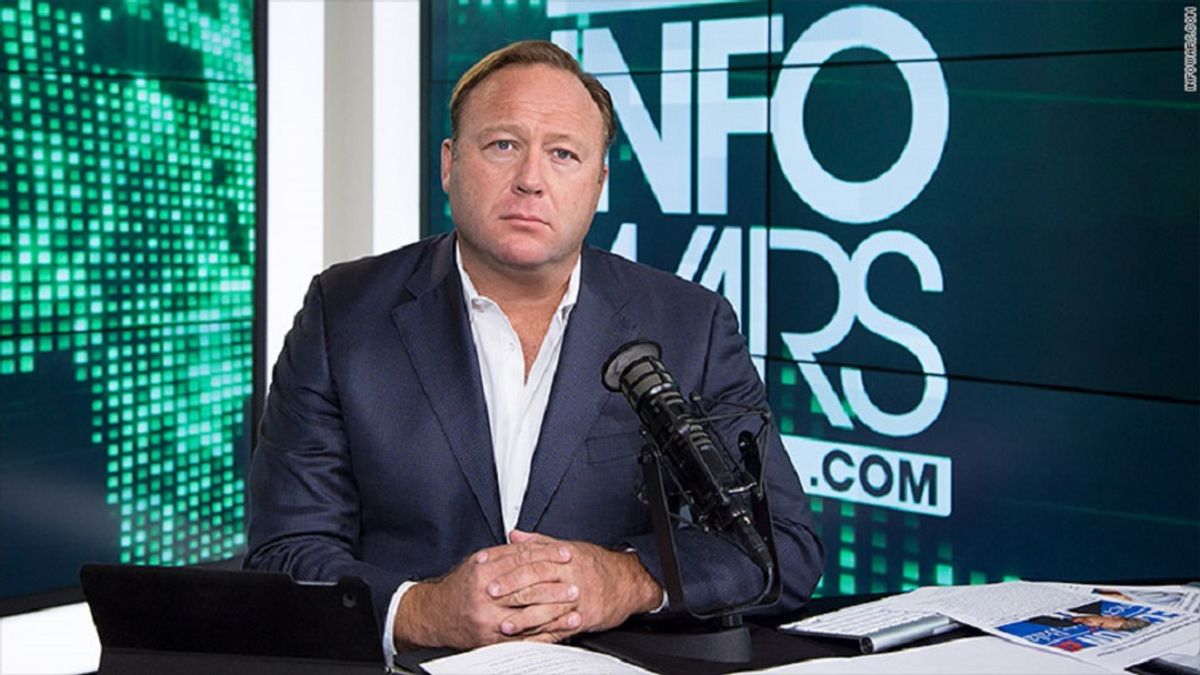In early August 2018, tech companies such as Facebook, Apple, and Spotify -- who control a good deal of online content distribution -- announced that they would be removing some or all of the content produced by InfoWars from their platforms over violations of their policies regarding areas such as hate speech and bullying.
InfoWars host Alex Jones responded with a tweet storm (given that Twitter is one platform that hasn't yet barred InfoWars content) in which he lashed out at those companies for engaging in "censorship":
America Has Been Sold Out To Communist Censorship pic.twitter.com/nJllgbbrIG
— Alex Jones (@RealAlexJones) August 6, 2018
Plenty of social media users have chimed in on that debate (currently and in the past) to note that "censorship" is a term that can only be applied to government actions, as private companies are not obligated to provide platforms for free expression to everyone and may regulate their users' behavior (including speech) as they see fit:
Censorship is what a state does to citizens. Private organisations can do what they want. Yes - that's a problem when these organisations are bigger than states (facebook, google etc). But we need to find the balance here.
— Peter Sunde Kolmisoppi (@brokep) December 13, 2017
That discussion in turn prompted even more conversation (not all of it polite) over exactly what constitutes a "private" company:
Wow. I love when dumb people sneer stupid things and think they are being smart. A public company means it has shares traded on the public markets. It is still a privately-owned - by shareholders. You understand the difference between capitalism and socialism? Apparently not.
— Kurt Eichenwald (@kurteichenwald) August 7, 2018
All of this was the lead-in to an irony that many critics of InfoWars and Alex Jones's relentless conspiracy peddling found particularly appealing — namely that the Terms of Service detailed on the InfoWars website directly contradict the argument being made by Jones and his supporters. InfoWars themselves acknowledge that they may enforce their own rules with guests who use their platform, and that "is not censorship if you violate the rules and your post is deleted":
— ??? ??????? (@tschultztweets) August 7, 2018
Expect none of this to settle anything in the larger ongoing debate.
